Blog
Categories
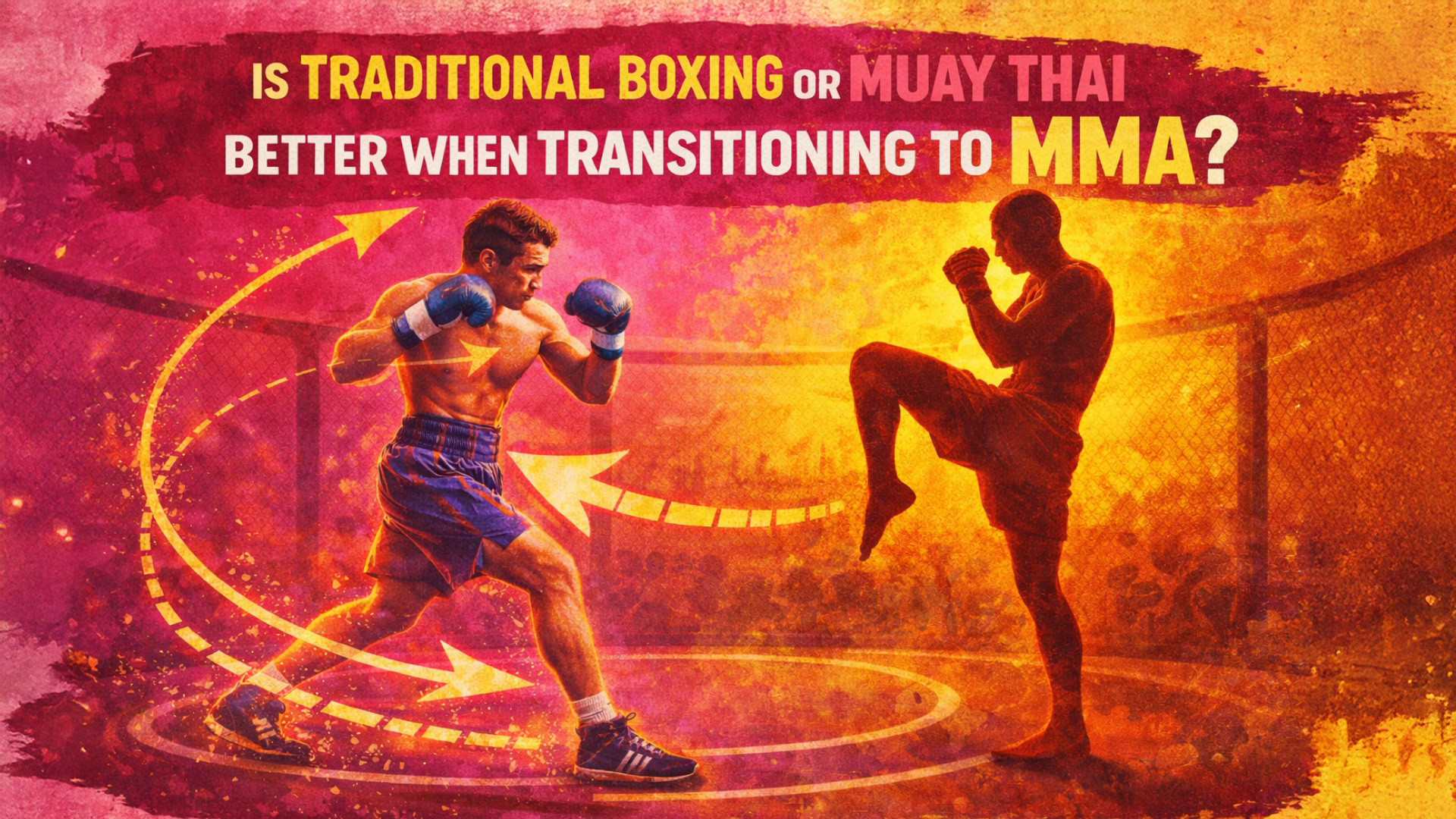
Mixed martial arts as a combat sport has a long history of drawing in fighters who have a background in only one martial art. However, not all martial arts equally prepare fighters for the experience, and some fighters may start their MMA journey at a greater advantage than others. Of course, this begs the question: Is there one martial art that gives you more of an advantage than others?
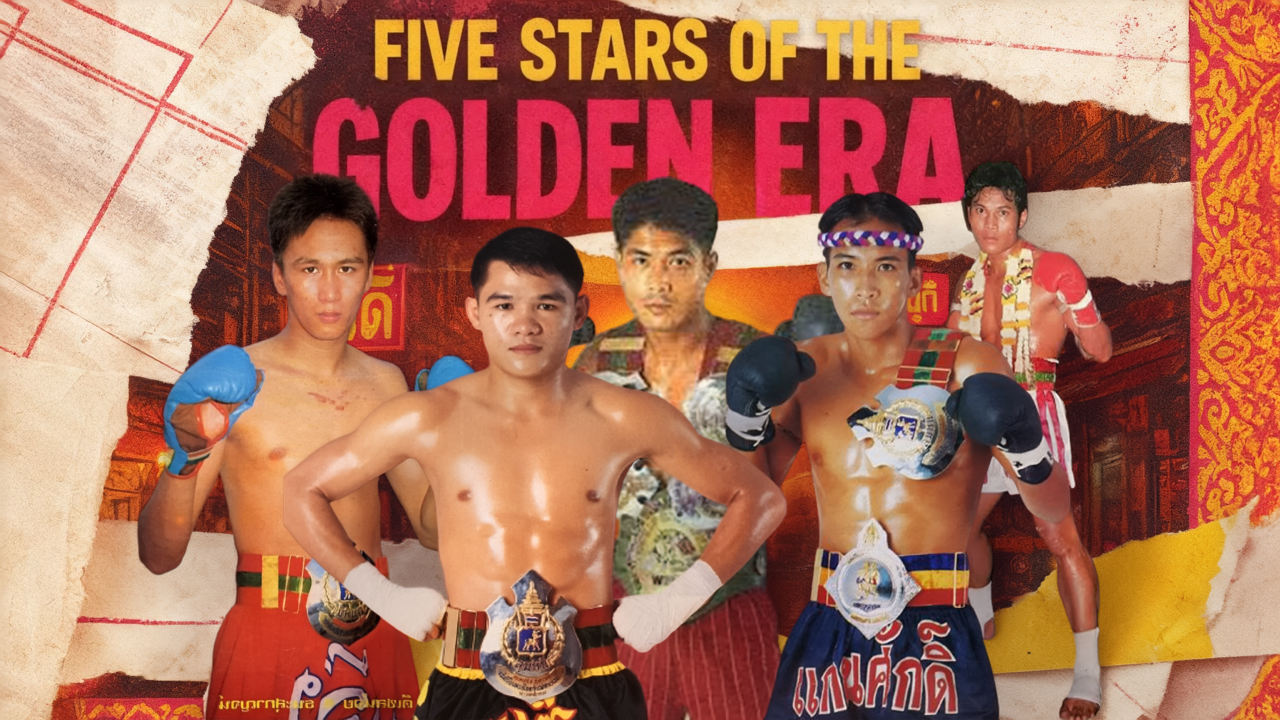
Muay Thai experienced a surge in popularity during the late 1980s and early 1990s. Fueled by Thailand’s booming economy, Muay Thai became a national obsession and the country’s best athletes recognized that they could become extremely wealthy and extremely famous by training and fighting professionally.
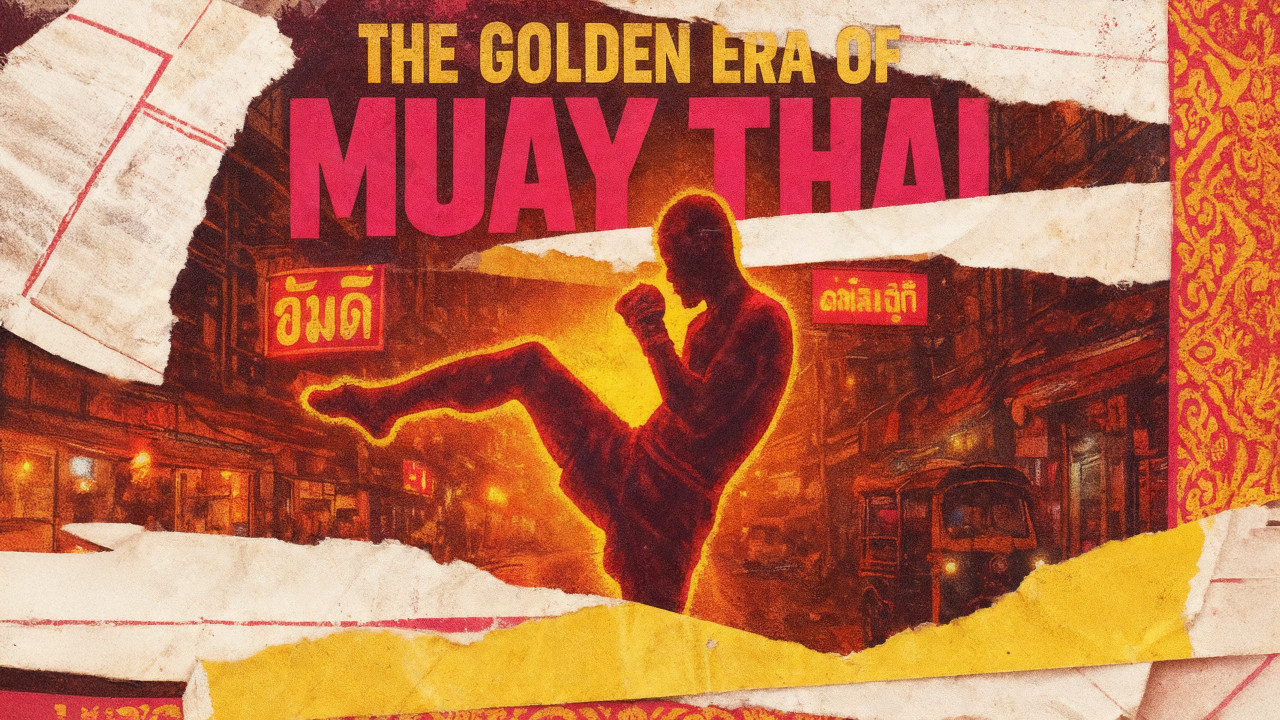
Muay Thai has exploded in popularity in the United States within the last decade. Whether practiced as a standalone martial art or as a part of a mixed program, Muay Thai has become one of the go-to striking arts taught in MMA gyms.

Within the world of martial arts, it is common for people to talk about being alphas. Particularly among men, alphas are perceived as the most dominant fighters in the gym. Additionally, they often view themselves as being natural leaders within the gym and even outside of it.
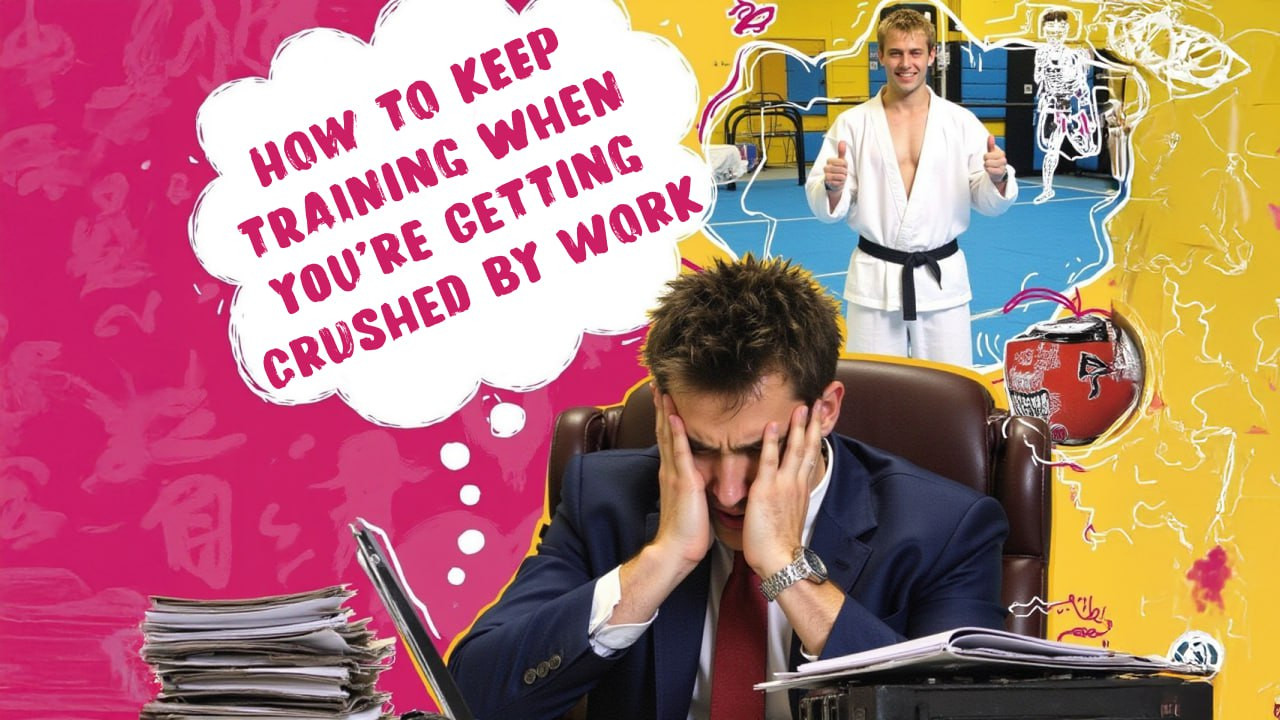
Martial arts are typically thought of as a young person’s game. You don’t see professional fighters in their 50s or 60s, and only on extremely rare occasions do they fight into their 40s. More than just injuries and the fact that the body takes a lot longer to recover, it’s difficult to start training martial arts as you get older. No one is looking out for the next rising star to make their first appearance at the age of 37.
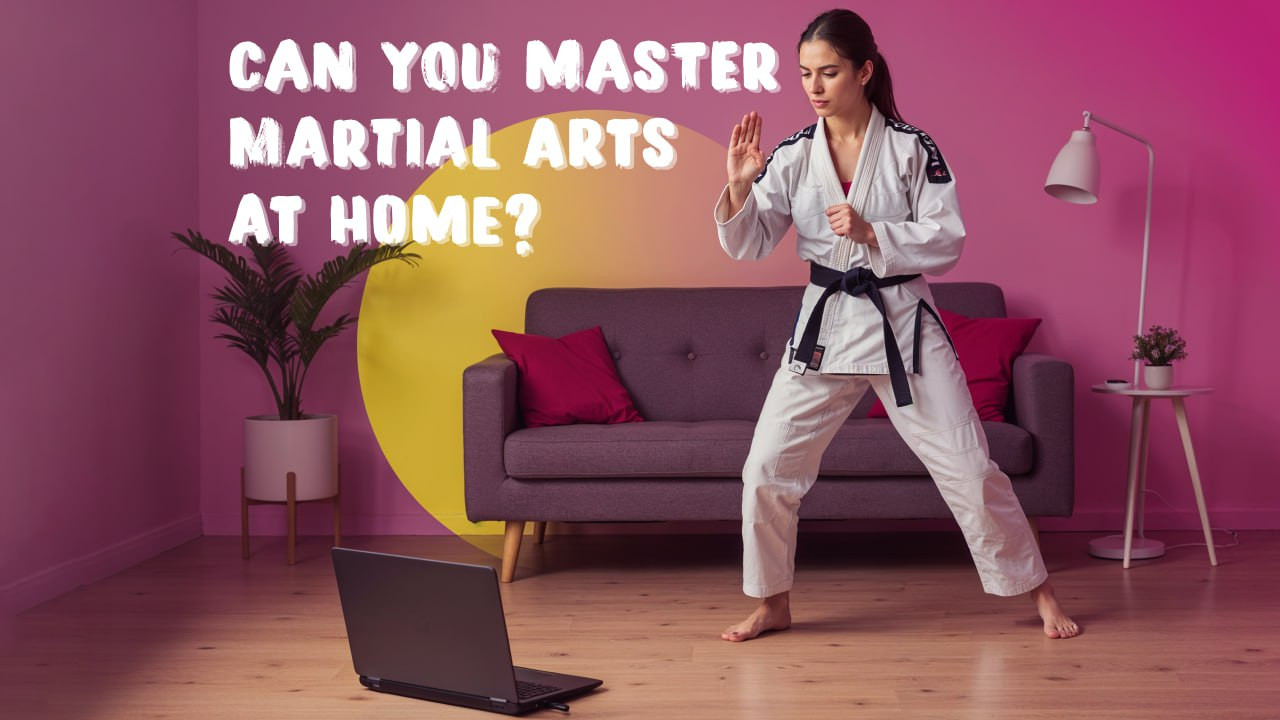
Learning a martial art is a serious commitment. It takes a lot of effort, dedication, and discipline, but most of all it takes a lot of time. Even for people who never hope to get to the professional level and just want to learn to defend themselves, they have to spend years learning and refining technique, conditioning, and studying.
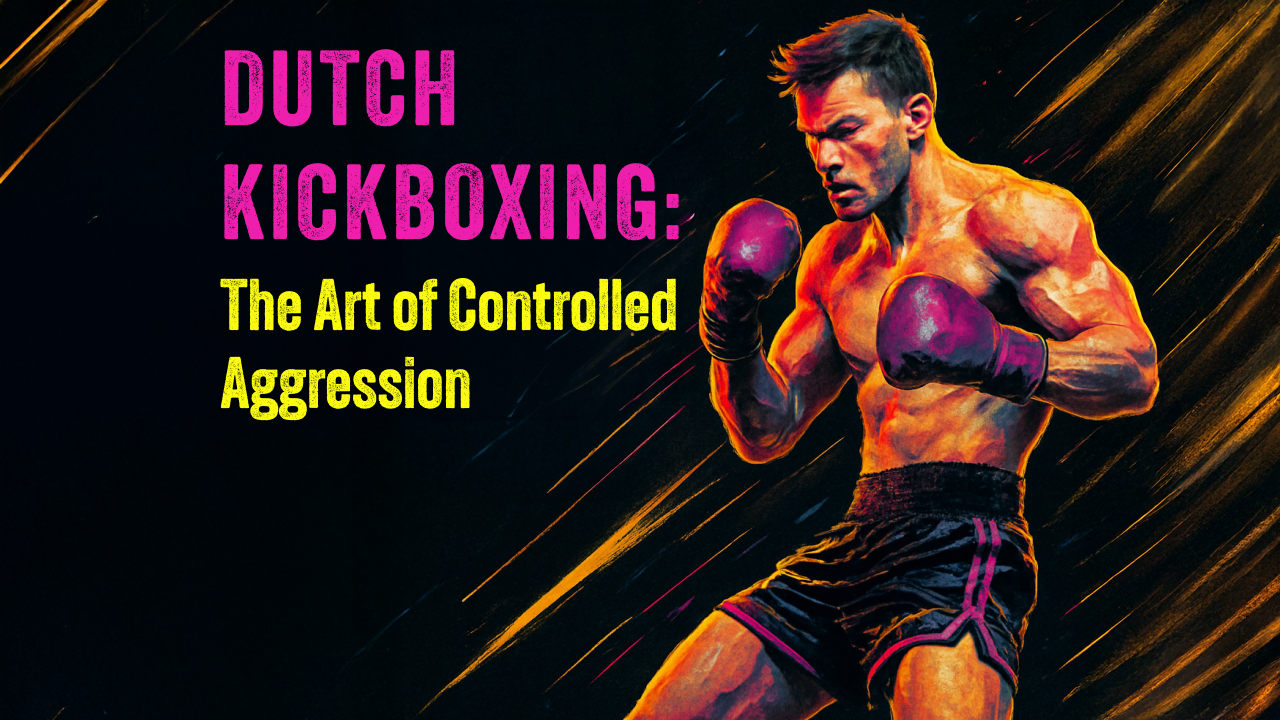
Dutch kickboxing may not be as well-known as many other forms of martial arts, but it is a formidable system that combines the hands of Western boxing, conditioning of Kyokushin karate, low kicks of Muay Thai, and relentless forward pressure.
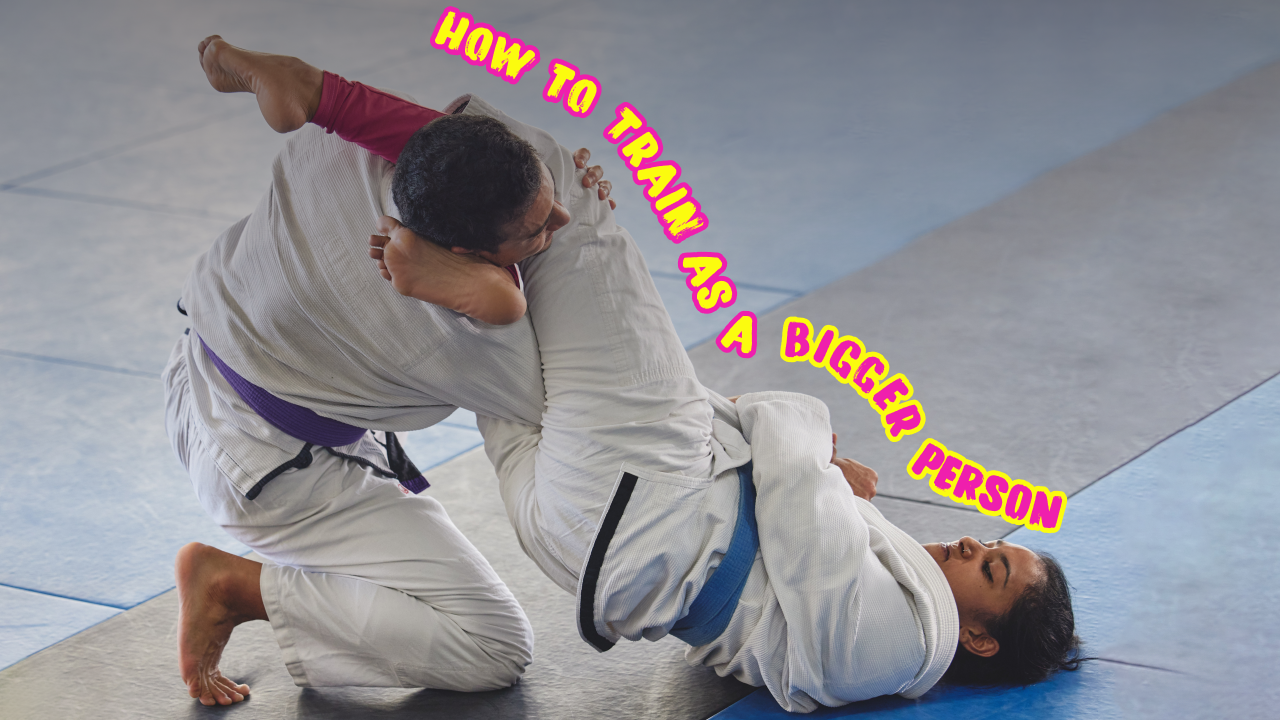
Larger BJJ students often face the dilemma of training hard while ensuring partner safety. Drawing from Chewjitsu's expertise, this article guides bigger grapplers on refining their approach. Discover how "catch fast, finish slow" improves technique and allows partners to escape, and how to apply pressure as a strategic tool rather than pure force. Train smarter, not just harder.
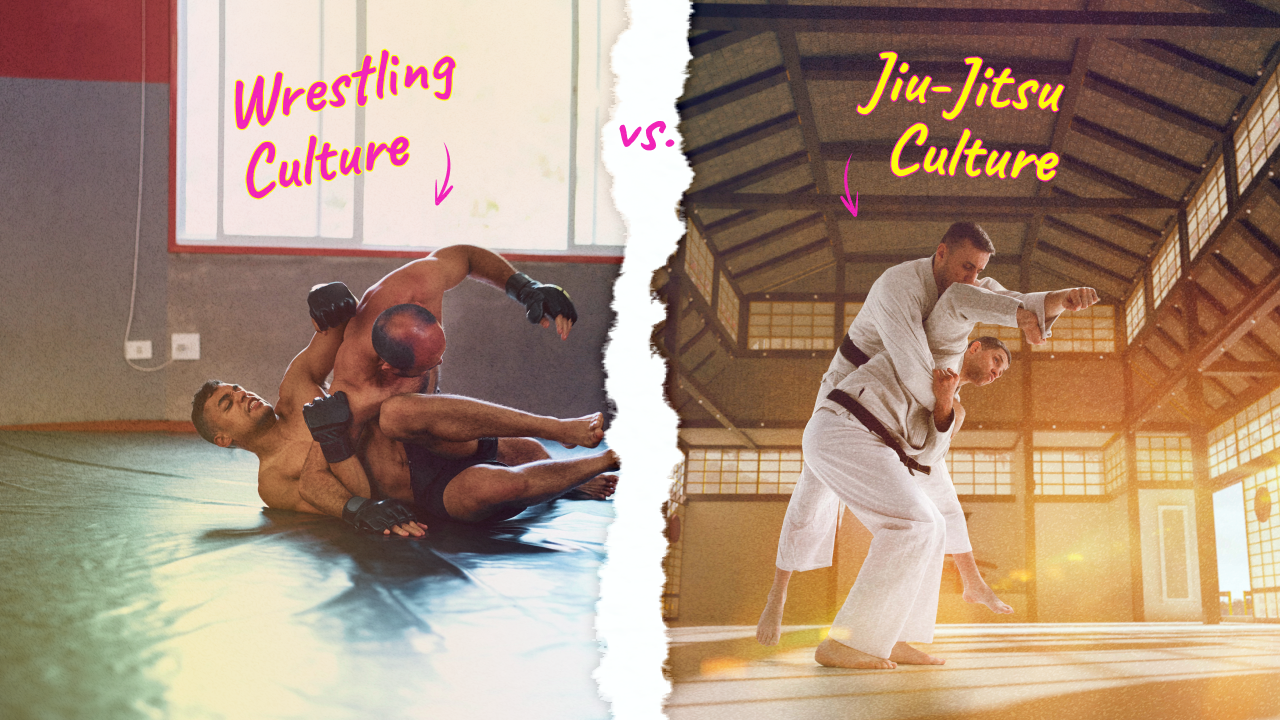
Exploring the fascinating cultural differences between wrestling and jiu-jitsu. From team demographics and competition expectations to ranking systems, physicality, and technical focus, this article dives into what truly sets these grappling arts apart. Perfect for anyone curious about the crossover or choosing a discipline.
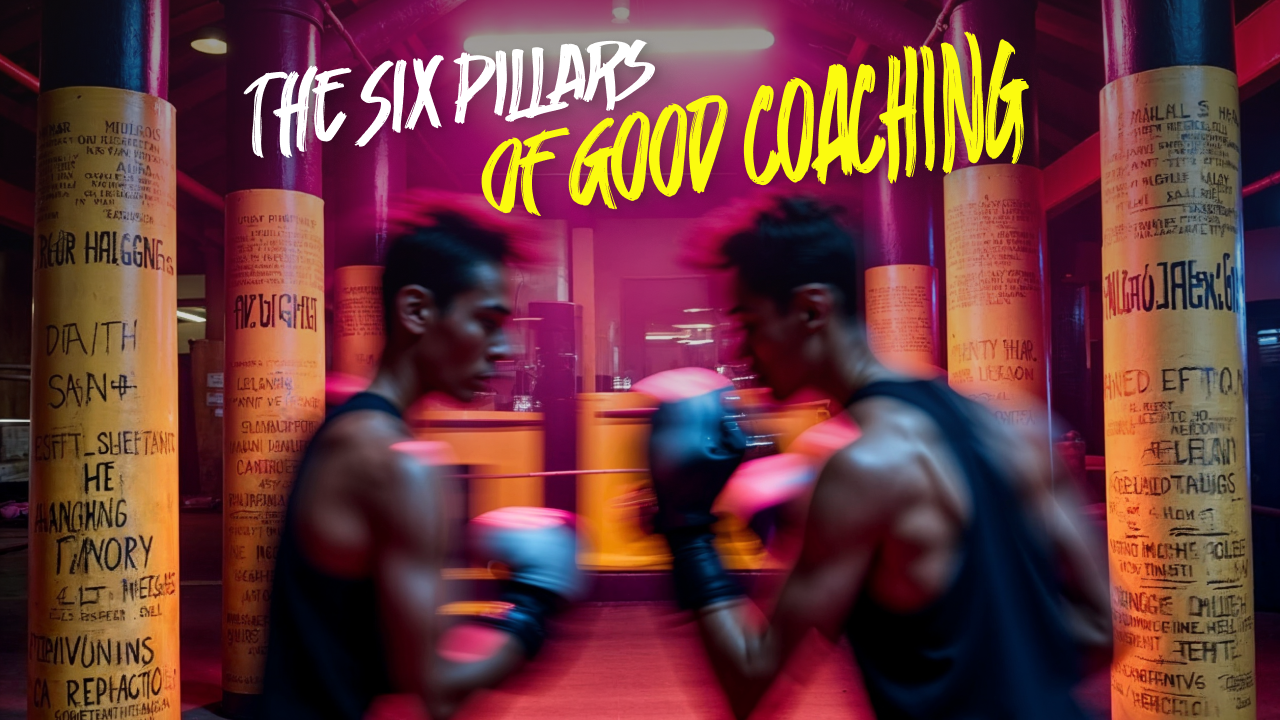
A great Muay Thai coach is more than just a pad holder. Discover the qualities that separate a good coach from a great one: knowledge, experience, leadership, and more. Improve your training and find the right mentor.
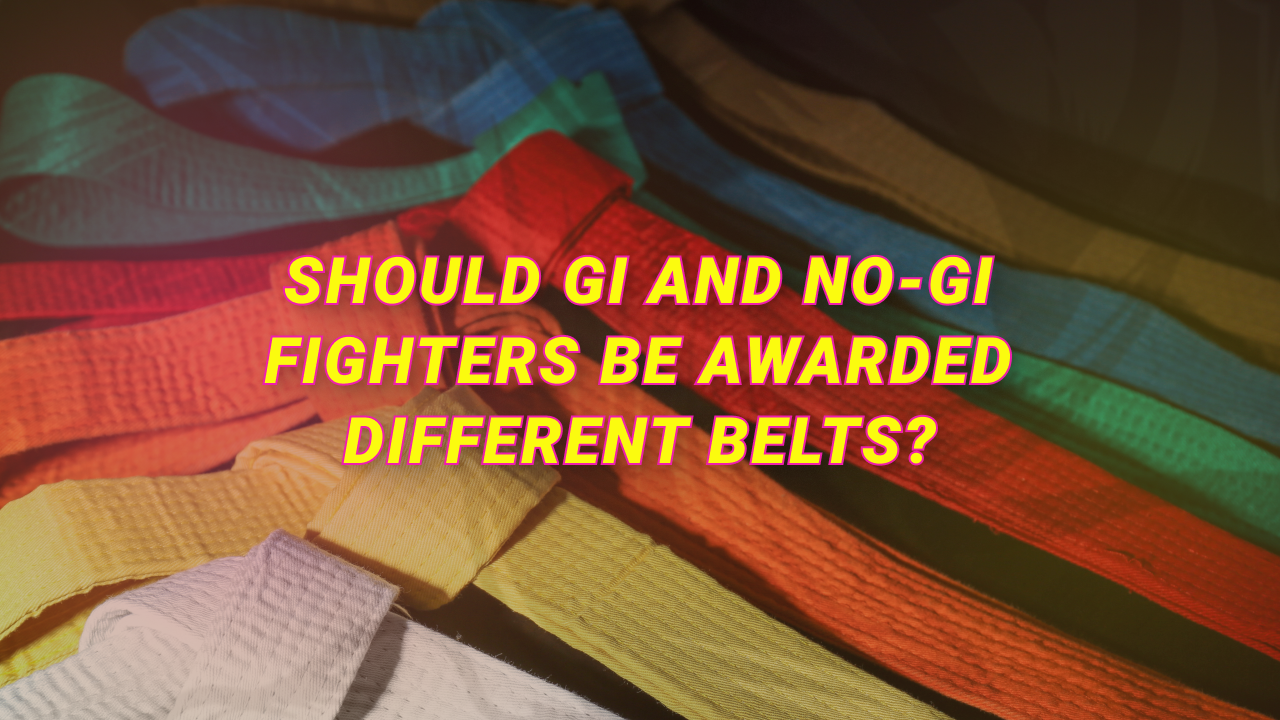
BJJ black belt Chewjitsu tackles the gi vs. no-gi belt debate. He explains why a grappler's rank reflects universal skills, not just proficiency in one uniform, and makes the case that a brown belt is always a brown belt.
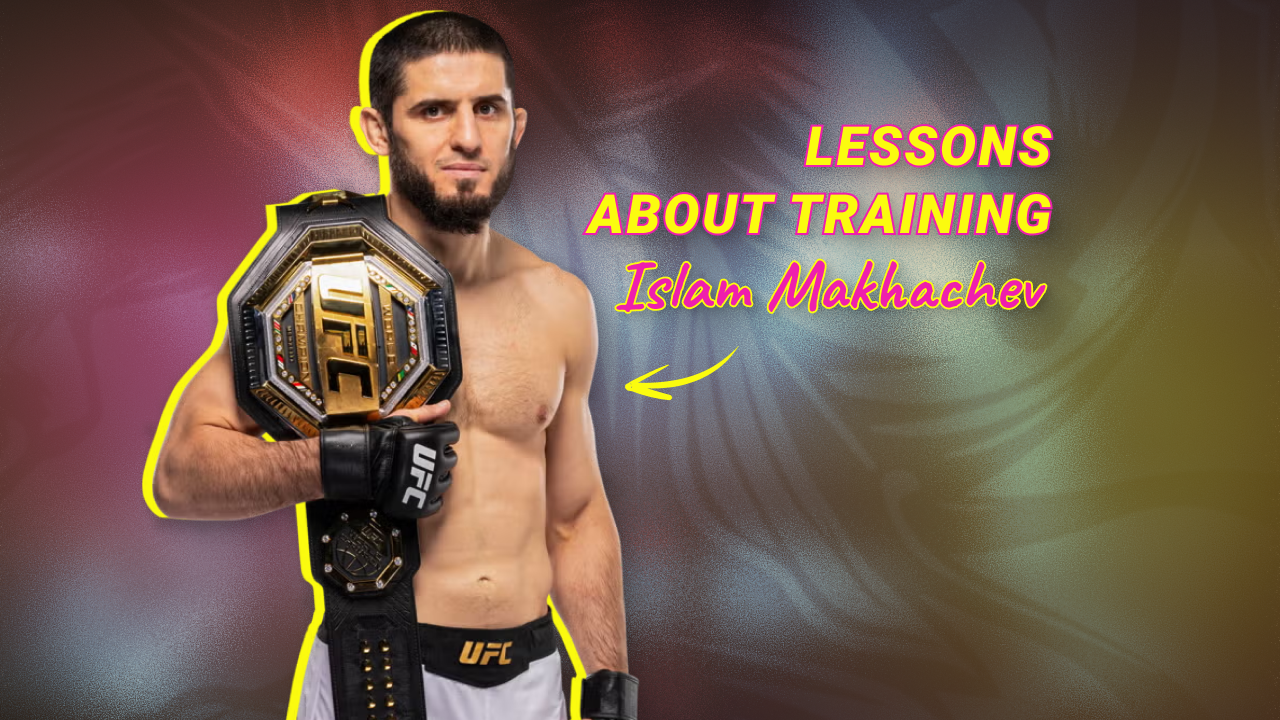
Discover Islam Makhachev's key training principles for MMA success. This article explores his work ethic, the importance of rest and nutrition, and the value of adapting during sparring.
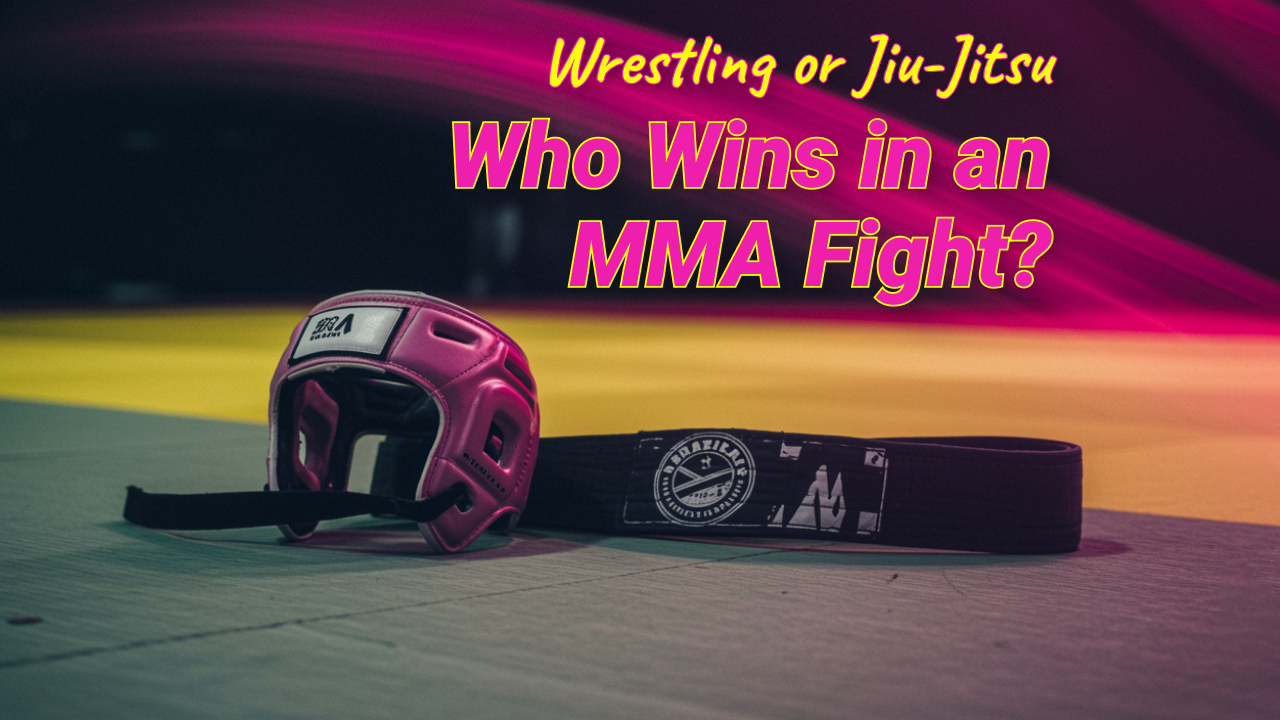
Which reigns supreme in an MMA ground fight: wrestling's control or Jiu-Jitsu's submissions? This article dives into the debate, featuring insights and pivotal UFC moments that shaped the answer.
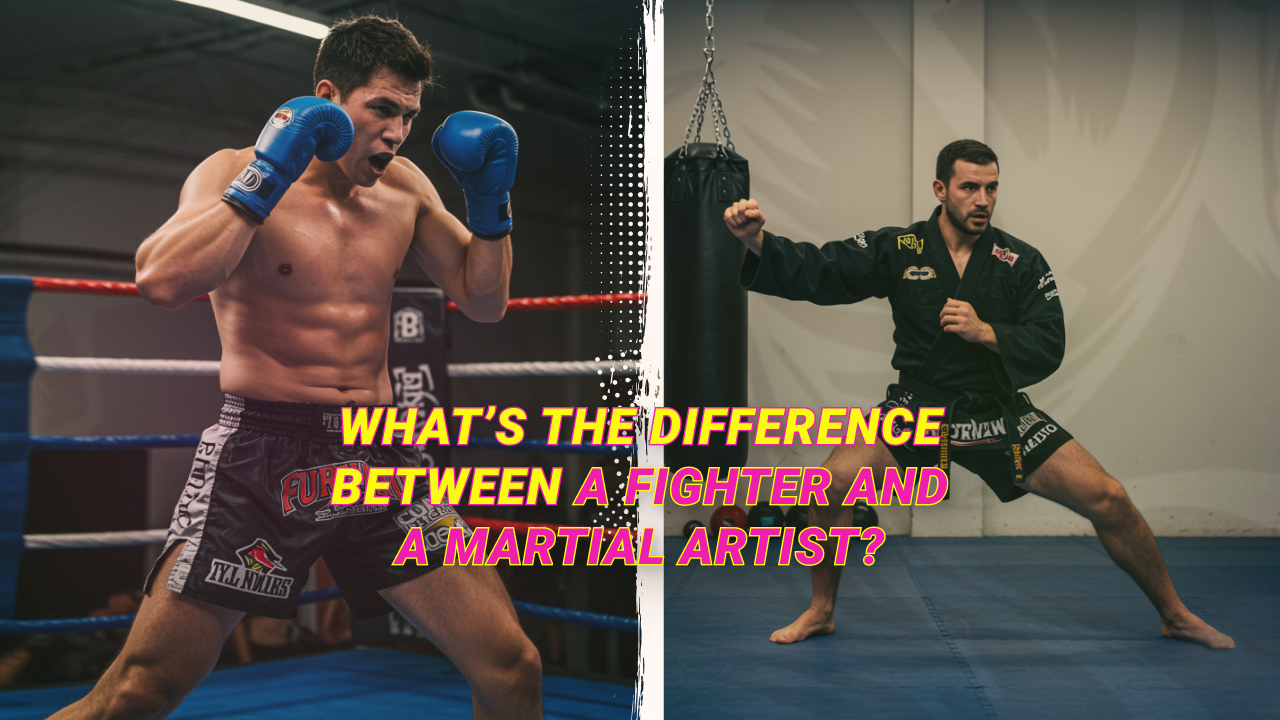
This article delves into John Danaher's explanation of what truly separates a fighter from a martial artist. Discover how their motivations differ – one externally driven by objectives, the other internally motivated by the art itself and the constant refinement of skill.
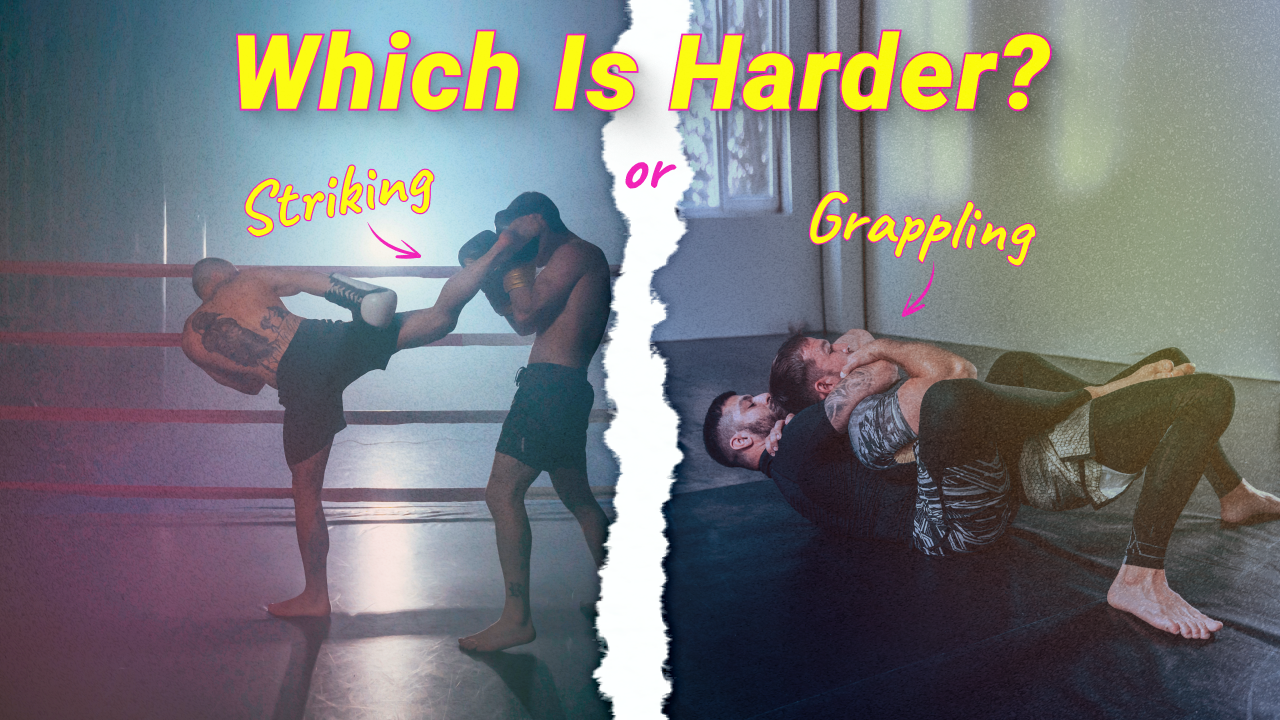
Martial artist and YouTuber Sensei Seth investigates whether striking or grappling is the tougher discipline. Through firsthand training and interviews, he explores difficulty of learning, injury risks, cardio demands, and mental toughness in Muay Thai vs jiu-jitsu.
